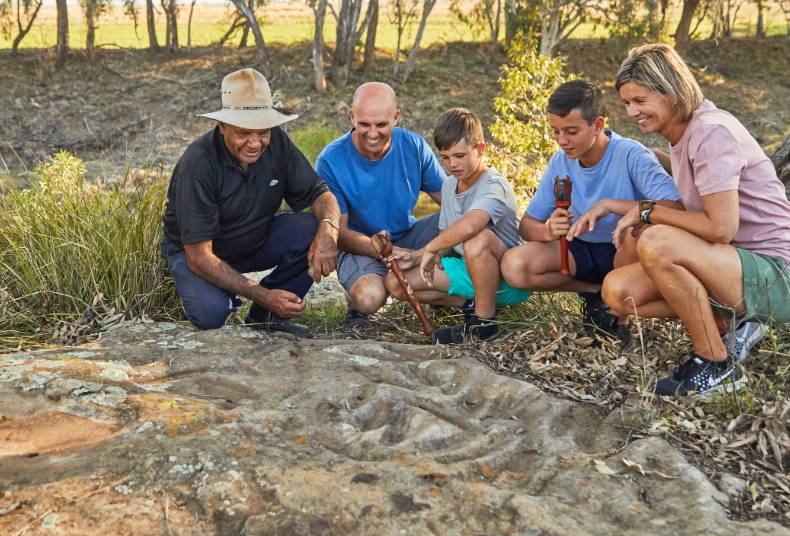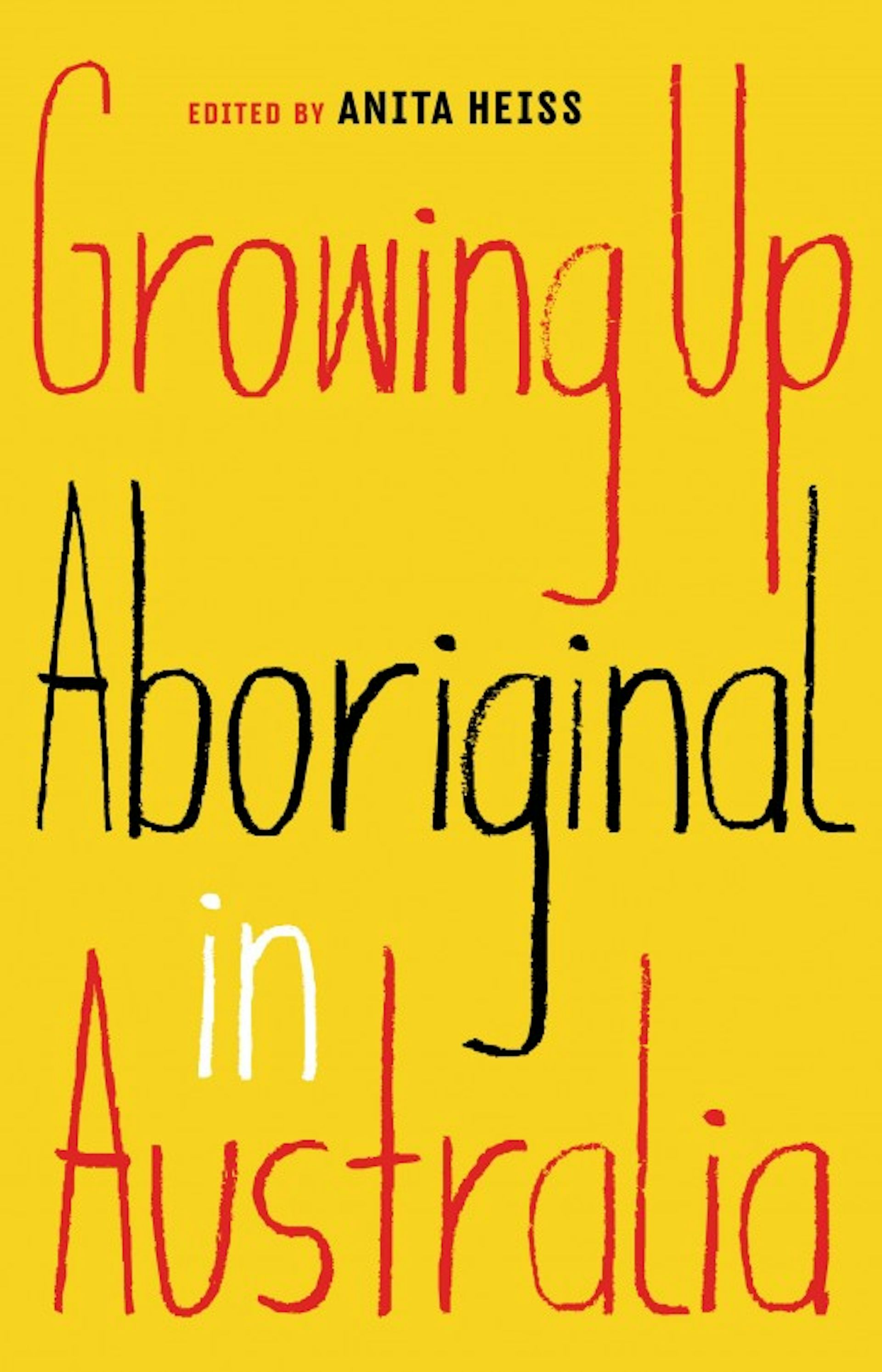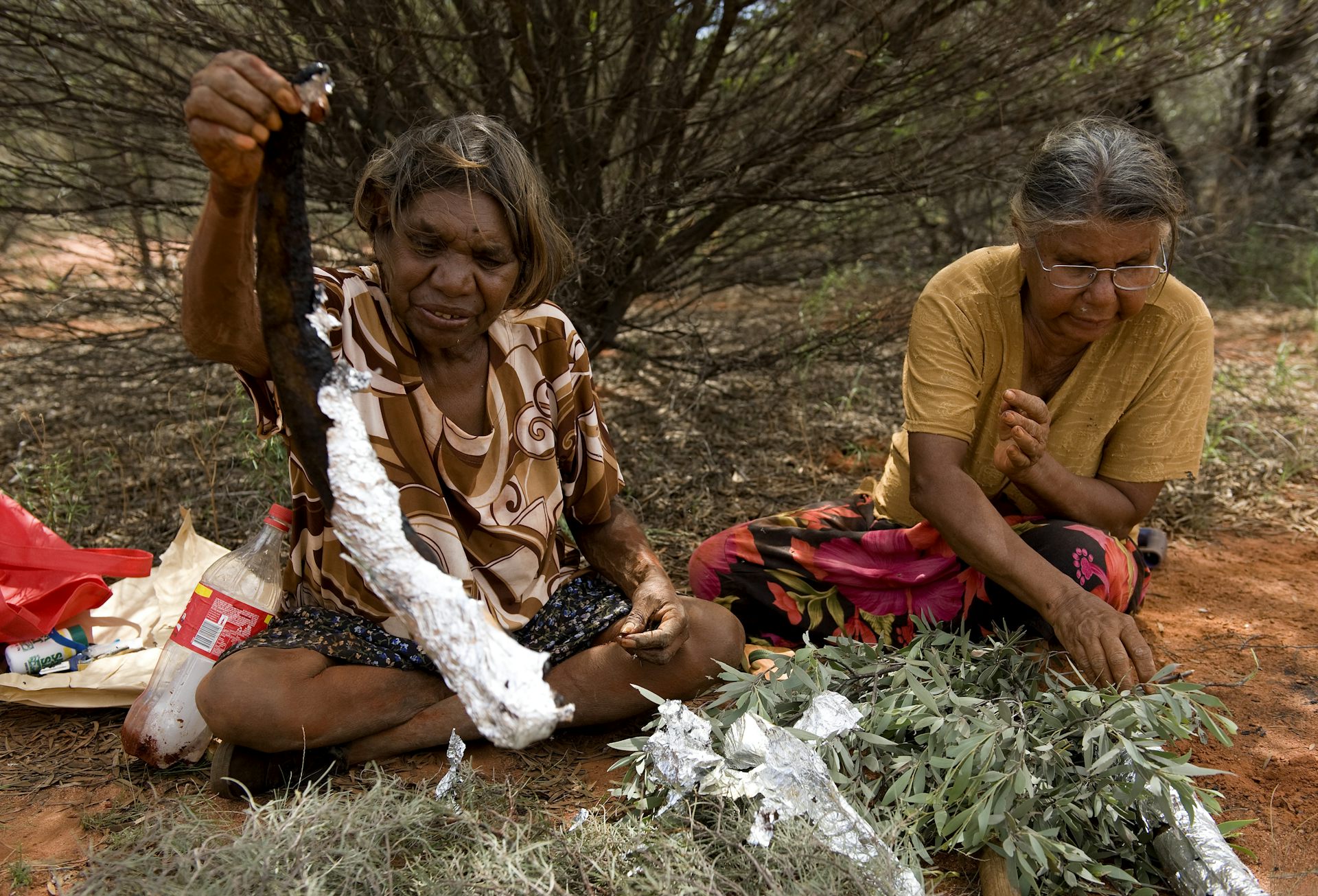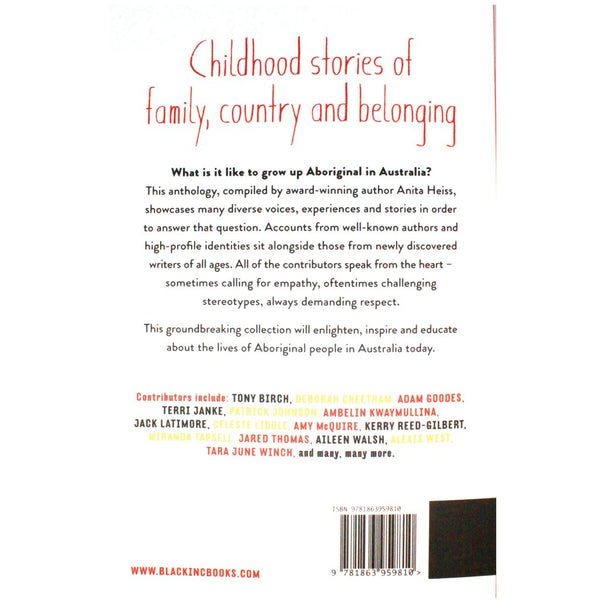
These things are all very important but due to the history of colonisation of Australia, many of our people, including myself, cannot speak our Aboriginal language or have limited knowledge of our culture. Being Aboriginal isn’t about skin colour or whether you can talk in your Aboriginal language or dance. I have recently come back home and been able to relax on Country and spend time with my family.

The bush has an amazing regenerative feeling. Growing up in the Mountains was great, being on ‘Country’ (the land traditionally belonging to my people), surrounded by the bush and being able to go out, relax and maintain a certain calmness. And therefore, I am very much Aboriginal. Whatever they may be.īut I have always been told that the only people who can argue about who is or isn’t Aboriginal are your ‘Aunties’ – women who are relatives, or close friends of my parents or other family members – and they always say you’re Aboriginal or you’re not, there is nothing in between. They would say that I am not a true Aboriginal or at the very least, I don’t fit their expectations. Always knowing this, I often encountered racism, which those sending that message were quick to deny. I am ‘passing white’, meaning I have fair skin and don’t look like what most people think of when they imagine an Aboriginal person.

My upbringing was one where I always knew I was Aboriginal. I am a descendant of the Dharug people, the ongoing custodians of the Sydney region and parts of the Blue Mountains (with the Gundungurra peoples). My name is Pat, I am 25 and grew up in the Blue Mountains, just outside Sydney.


Their names have been changed in order to maintain their privacy. We spoke to two young Aboriginal Australians who have just finished university telling us what it is like to grow up as an Aborigine in Australia. Growing up as a part of the Aborigine community in Australia comes not without challenges.


 0 kommentar(er)
0 kommentar(er)
